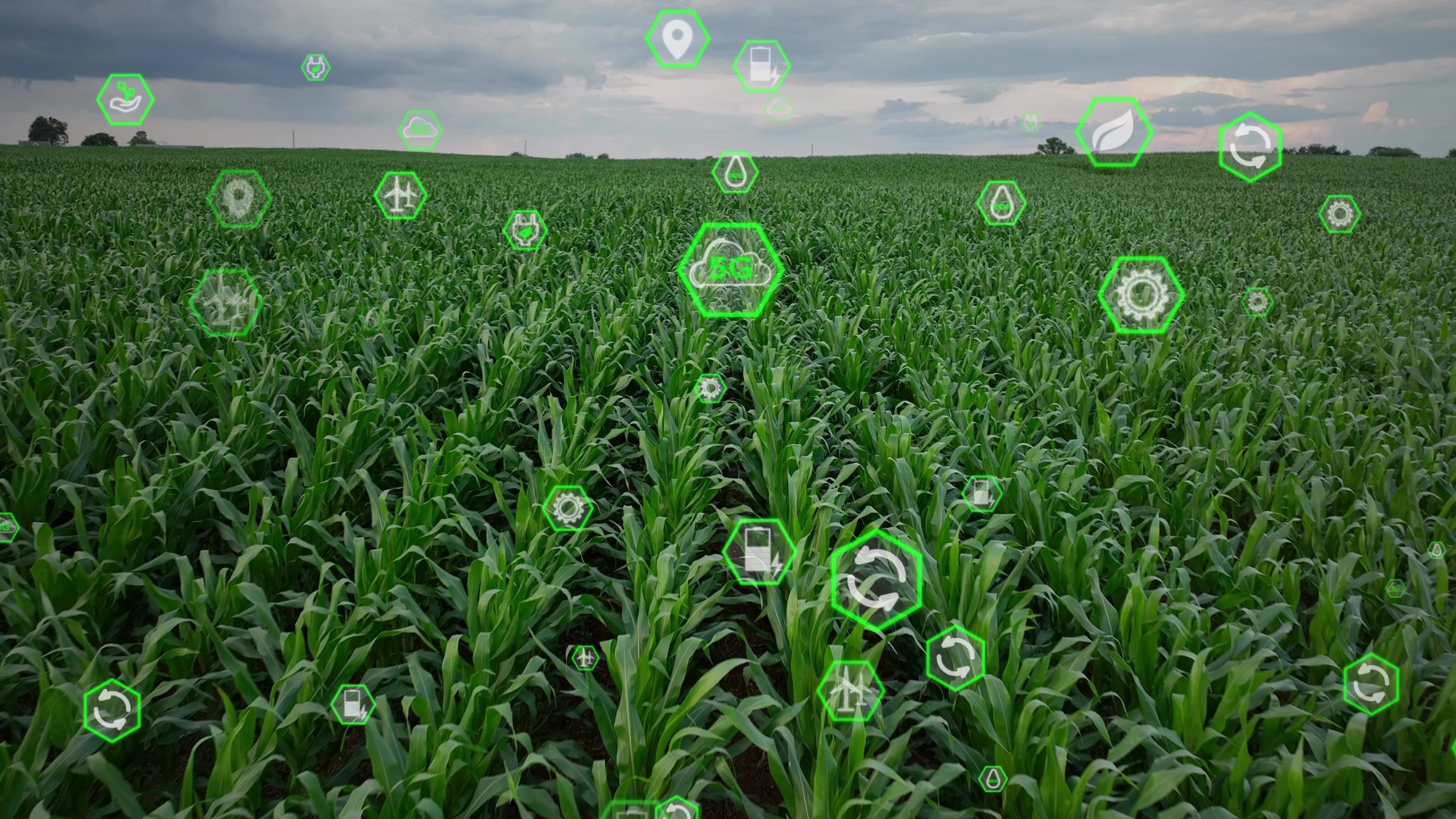
Retirement Planning: How the SECURE Act Impacts Farmers
On December 20, 2019, President Trump signed into law the Setting Every Community Up for Retirement Enhancement (SECURE) Act. The SECURE Act contains several provisions that will affect a farmer’s retirement plans.
Farmers can now wait until age 72 before being required to take required minimum distributions (RMDs) out of their IRAs. Previously, farmers had to start taking out (RMDs) when turning age 70 1/2. This new rule allows farmers to leave money in their IRA’s longer (and grow tax-deferred) before having to take out distributions and pay tax on it. However, if you have already turned 70 1/2 before 2020 then you are still required to take out your RMDs. Those turning 70 1/2 in 2020 or later can delay their first RMD until age 72.
In addition to the changed RMD withdrawal timeline, farmers also receive a new benefit related to IRA contributions. Previously, farmers could only contribute to their traditional IRAs up to the age of 70 1/2. Under the SECURE Act, there is no longer an age limitation as to when a farmer has to stop contributing to their traditional IRA. This is beneficial, as it can be used as an income tax deduction as well as a way to further retirement funding, regardless of age.
However, the new law is not all good news. Most farmers who inherit traditional IRAs will now be required to take the full value out of those IRAs within 10 years following their death of the original IRA owner. Previously, one could stretch the payment of those inherited IRAs over the course of their lifetime. The tax burden resulting from those inherited IRAs will now be accelerated and required to be paid over the course of 10 years.
As a result of these changes, the SECURE Act creates an opportunity for tax and estate planning. With inherited traditional IRAs now required to be taken over a 10 year period, it may be a good time to consider rolling your traditional IRAs into a Roth IRA and paying the tax associated with the rollover. Tax rates are currently at a historically low level, which provides an opportunity for a rollover at a favorable tax rate. This is beneficial whether you are planning using your IRAs as a retirement asset or estate planning tool to pass wealth onto the next generation. By rolling a traditional IRA to a Roth IRA and paying the tax, the account grows tax-free from that point and any future distributions are also tax free (if taken after age 59.5 and if the Roth IRA is held for at least five years). If held until death, the Roth IRA passes onto the next generation income tax-free.
The SECURE Act also allows farmers to take up to $5,000 out of their IRA for the birth or adoption of a child without having to pay any penalties on the distribution. Additionally, the taxpayer can re-contribute that distribution back into the IRA.
If you have any questions about how the SECURE Act affects your individual tax situation, please feel free to reach out to your tax professional at HBE LLP.



